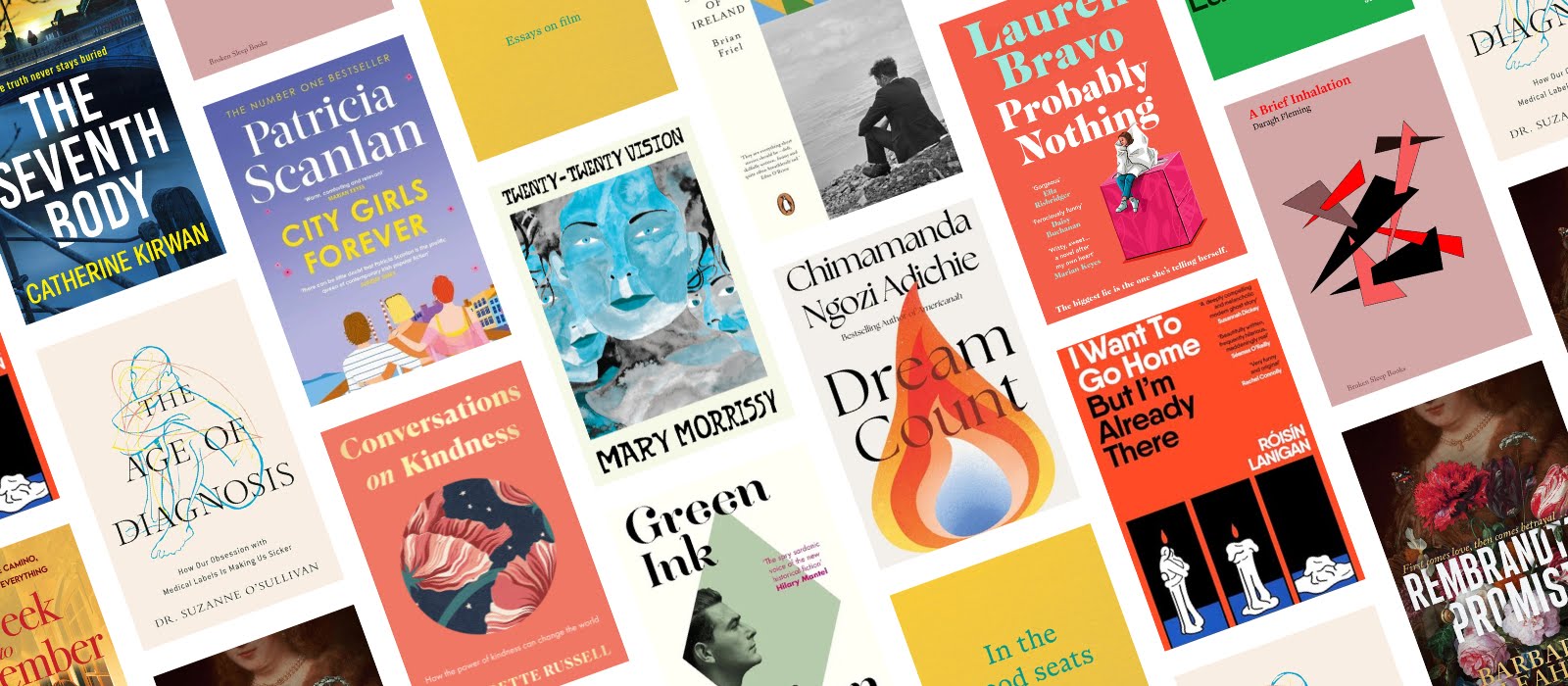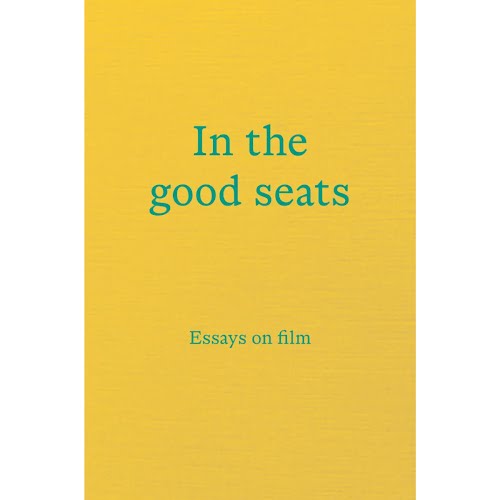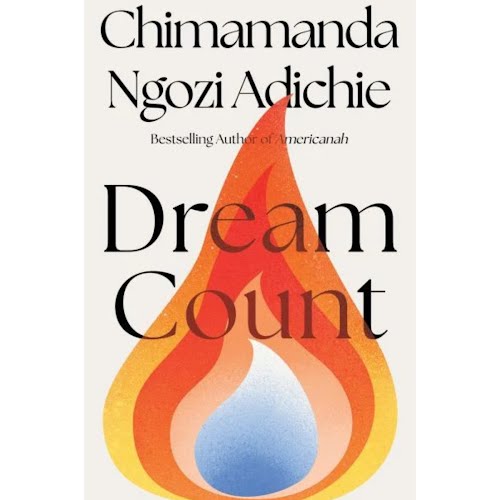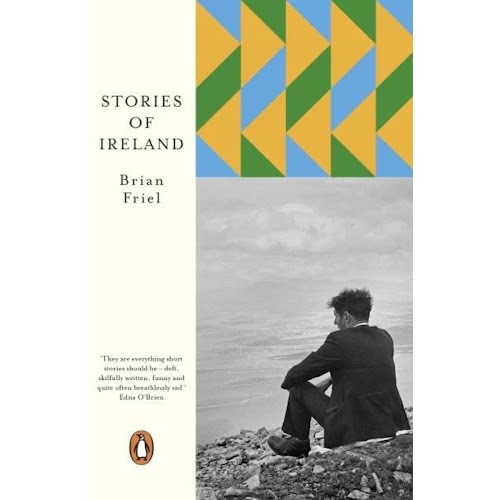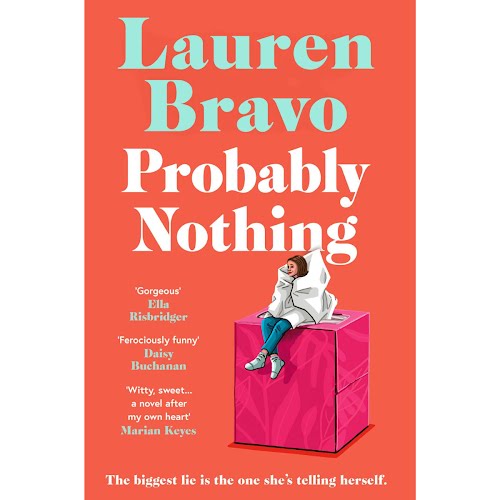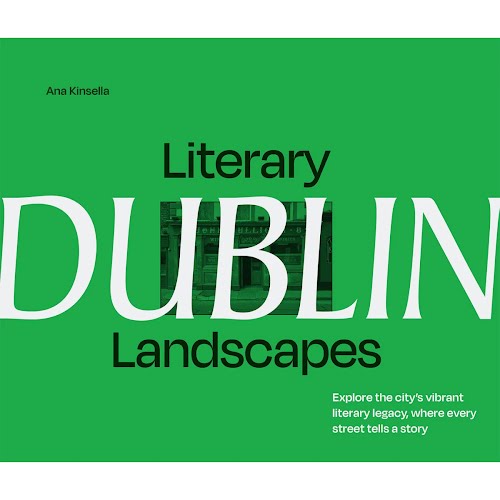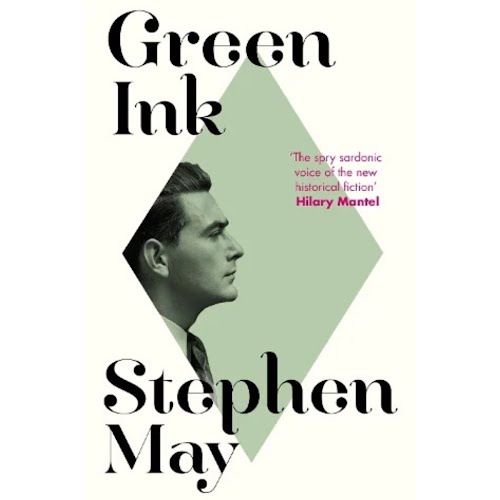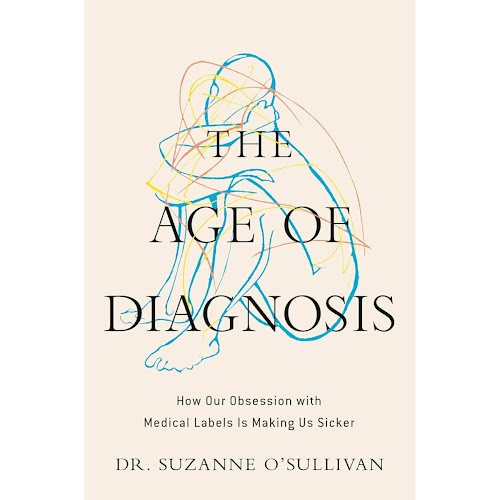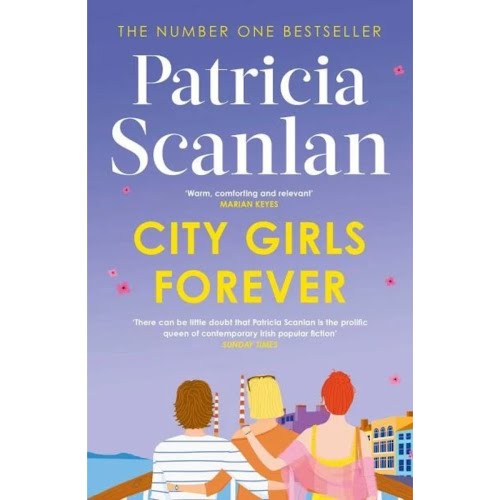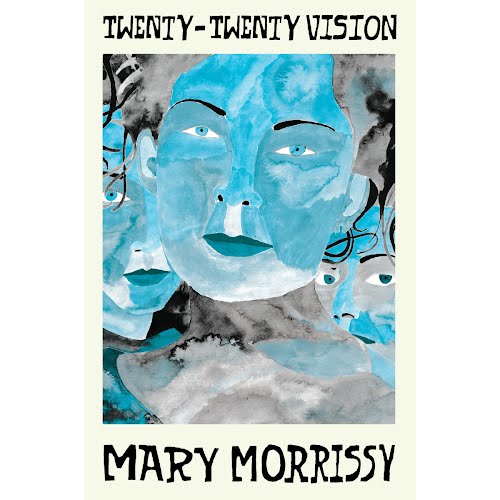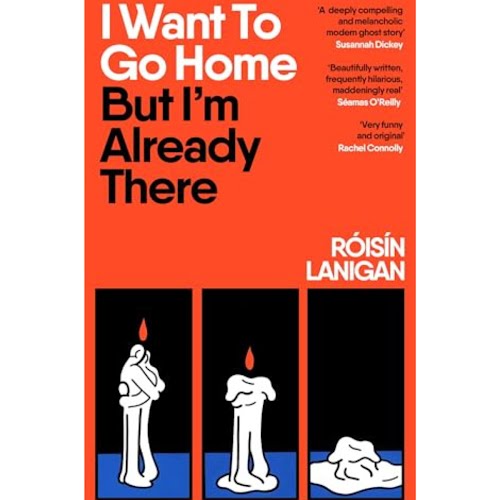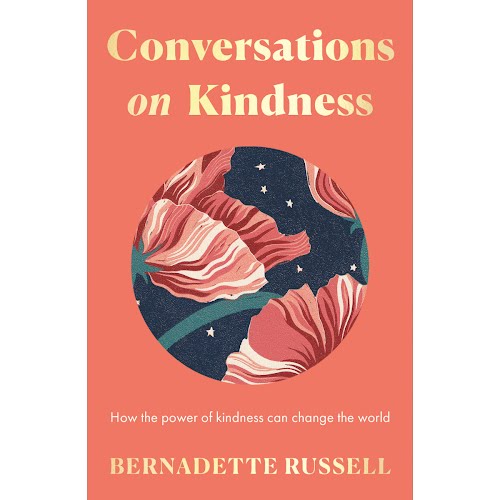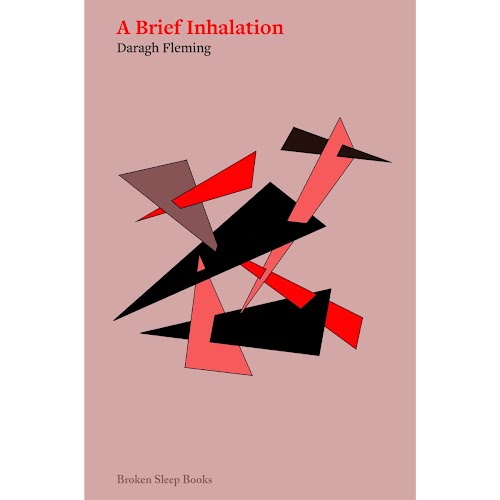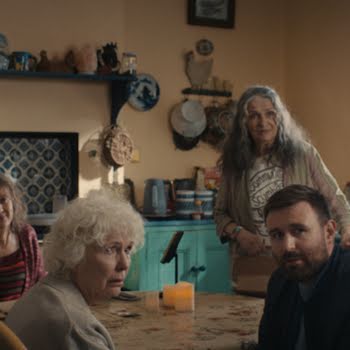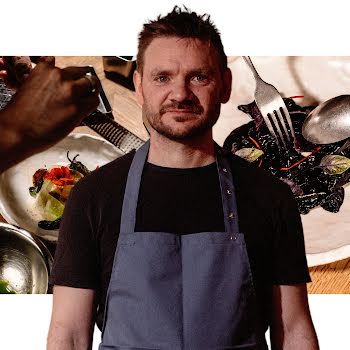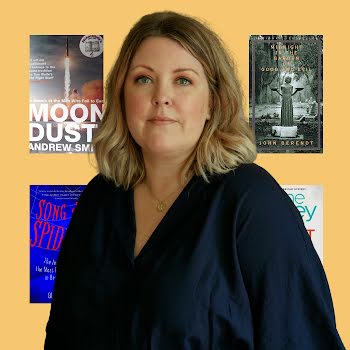A collection of Irish stories from Brian Friel, a new title from Patricia Scanlan and a selection of essays on the magic of film are among the best books being released throughout March.
In the good seats: Essays on film, with contributions by Maggie Armstrong, Michael Magee, Cathy Sweeney and more (1 March, PVA Books)
This collection of essays on film features some of the most talented writers working today, setting their sights on what’s so alluring and moving about film and cinema. A childhood movie encountered on the big screen, a favourite celluloid instant, a resonating discovery, an awkward first date; the threadbare seats, the click and whirr of the projector, the sense of scale expanding.
Each essayist in this book unearths those particularly breathless and unforgettable moments when their lives were touched by film. Like a projection of light beaming across a darkened hall, In the good seats pulls us closer to those flickers of magic that film and cinema usher forth.
A Week To Remember, by Ruth O’Leary (4 March, Poolbeg)
Paula has an anxiety attack at her 60th birthday party and realises that her life must change. While her friends are settling into retirement, she craves adventure. Then a shock discovery forces her to question everything she thought was sure in her life.
Rachel is about to go into business with boyfriend Craig when he betrays her in the worst way possible. She is desperate to get away and figure out how to move forward. Can she forgive and forget, in order to have everything she has dreamed of?
Cathy’s world is turned upside down by a life-altering event. Struggling with her feelings, she sets out to follow in the footsteps of her favourite film, hoping to find the courage to plan a new life free from fear.
As the three women set out on journeys of healing and self-discovery on the ancient path of the Camino de Santiago, fate causes their paths to cross. Will the Camino provide the answers they seek and the strength to pursue the lives they desire?
Dream Count, by Chimamanda Ngozi Adichie (4 March, Knopf)
One of the year’s most anticipated book releases, Dream Count is a searing, exquisite new novel by Chimamanda Ngozi Adichie, the bestselling and award-winning author of Americanah and We Should All Be Feminists, telling the story of four women and their loves, longings, and desires.
Chiamaka is a Nigerian travel writer living in America. Alone in the midst of the pandemic, she recalls her past lovers and grapples with her choices and regrets. Zikora, her best friend, is a lawyer who has been successful at everything until—betrayed and brokenhearted—she must turn to the person she thought she needed least. Omelogor, Chiamaka’s bold, outspoken cousin, is a financial powerhouse in Nigeria who begins to question how well she knows herself. And Kadiatou, Chiamaka’s housekeeper, is proudly raising her daughter in America—but faces an unthinkable hardship that threatens all she has worked to achieve.
The Seventh Body, by Catherine Kirwan (6 March, Hachette Books Ireland)
A chilling, gripping female detective thriller inspired by true events, this book opens as building work begins in a derelict neighbourhood. Six dead bodies are uncovered, and then another is found.
All died violently, centuries ago. But when a seventh body is found, Detective Garda Alice McCann can see immediately that it’s different. It’s female, for a start, and considerably more recent.
Who was she? And who killed her? Alice is determined to find the truth and bring the killer to justice, and, after a few bad years that have her life and career in ruins, this might just be the case to get her back on track. But powerful forces are hell-bent on getting in her way. How can she hope to find the truth when everyone around her has something to hide?
Stories of Ireland, by Brian Friel (13 March, Penguin)
This is a brilliant, colourful compendium of mid-century Irish experience from one of Ireland’s greatest ever writers, Brian Friel.
Demonstrating all of Friel’s peerless instinct for voice, scene, and the uncanny mystery found in the everyday, these tales tell of beauty, struggle and discovery: from the drowning of a man in the bog-black waters of Lough Keeragh, to the camaraderie of teenage potato gathers in County Tyrone, and from the careful work of the German War Graves Commission in Glenn na fuiseog, to trawlermen’s talk of sunken gold off the coast of Donegal.
Selected by Friel himself, and introduced by acclaimed author Louise Kennedy, this charming, heartful collection truly offers some of the best stories ever written.
Probably Nothing, by Lauren Brave (in paperback) (13 March, Simon & Schuster)
This book is the answer to just how far sheer awkwardness can take someone. Peppered with Lauren Bravo’s irresistible wit, it explores the relatable modern cults of wellness and people-pleasing, and digs into the eternal dilemma: life is short – so should you settle for perfectly fine?
Bryony doesn’t actually mind being single. So she doesn’t understand why she keeps seeing (ok, sleeping with) Ed, who is perfectly fine, but also only okay. After developing the ick on their fifth date, she resolves to end things – only to receive a call the next day telling her Ed has died.
Worse yet, he seems to have represented her to his family and friends as his great love. Obviously, it would be cruel to correct them. Then she’s invited to the funeral. It would be equally rude to refuse… right?
Literary Landscapes: Dublin, by Ana Kinsella (13 March, Pavilion Books)
The next installment in the Literary Landscapes series revolves around Dublin, and has been described as a true bibliophile’s journey through the rich heritage, storied lore, and lively craic of the city’s streets.
There are few cities in the world that care so deeply about the written word as this historic capital. Walk down canals, stroll through Georgian squares, and cross the river, and you’ll find heritage plaques dedicated to famous writers, bridges named after them, and literary place names aplenty.
Dublin’s creative outpourings are well documented in excellent museums and galleries around the city, and no Literary Landscapes series would be complete without notable pubs and bars – and this edition is no exception.
Green Ink by Stephen May (13 March, Swift Press)
David Lloyd George is at Chequers for the weekend with his mistress Frances Stevenson, fretting about the fact that his involvement in selling public honours is about to be revealed by one Victor Grayson.
Victor is a bisexual hedonist and former firebrand Socialist MP turned secret service informant. Intent on rebuilding his profile as the leader of the revolutionary Left, he doesn’t know exactly how much of a hornet’s nest he’s stirred up. Doesn’t know that this is, in fact, his last day.
No one really knows what happened to Victor Grayson – he vanished one night in late September 1920, having threatened to reveal all he knew about the prime minister’s involvement in selling honours. Was he murdered by the British government? By enemies in the Socialist movement (who he had betrayed in the war)? Did he fall in the Thames drunk? Did he vanish to save his own life, and become an antiques dealer in Kent?
The Age of Diagnosis: How Our Obsession with Medical Labels Is Making Us Sicker, by Suzanne O’Sullivan (18 March, Hackette UK)
From autism to allergies, ADHD to long Covid, more people are being labelled with medical conditions than ever before. But can a diagnosis do us more harm than good?
The boundaries between sickness and health are being redrawn. Mental health categories are shifting and expanding all the time, radically altering what we consider to be ‘normal’. Genetic tests can now detect pathologies decades before people experience symptoms, and sometimes before they’re even born. And increased health screening draws more and more people into believing they are unwell.
Drawing on the stories of real people, as well as decades of clinical practice and the latest medical research, Dr Suzanne O’Sullivan overturns long-held assumptions and reframes how we think about illness and health.
Patricia Scanlan, City Girls Forever (20 March, Simon & Schuster),
The City Girls are back! And as City Girl, Devlin Delaney’s iconic gym and spa, prepares to mark a big anniversary, Devlin and her best friends Caroline and Maggie are looking forward to a fabulous party where they can all put their problems behind them and celebrate.
Devlin’s past has returned to haunt her, with a shocking revelation. But she’s strong and her beloved Luke has her back. Caroline is facing up to issues she’s long suppressed, with the help of a man who’s becoming more than a friend.
Will happiness finally be hers? Maggie’s family is driving her mad. Her ex, Terry, and their daughter don’t get on, and she’s made an alarming discovery about her elderly mother’s financial affairs. She wants to run far, far away. Sparks are going to fly, and some people are going to get a lot more than they bargained for.
Twenty-Twenty Vision, by Mary Morrissy (20 March, The Lilliput Press)
Intricately layered and deftly woven together, this is a collection of stories concerned with hindsight, honesty and late middle-age regret – the fruits of life lived, love lost and secrets buried. Through chastening moments of self-discovery, Mary Morrissy’s inimitable characters revisit their pasts and grapple with late-life perspectives in this beautiful tapestry of late middle-age reckoning.
Told with remarkable empathy and wry humour, these stories form a portrait of a generation of women and men moving into the third age with a mixture of apprehension, longing and regret. In the midst of an historic pandemic, Christine Beckett is faced with some home truths when her best friend, suffering from dementia, decides after a lifetime to be honest with her; Olivia Fletcher has an epiphany about a man who has loved her for decades; Bernard Travers revisits an unlikely romantic interlude with the mother of his childhood friend that has sustained him for 40 years.
I Want To Go Home But I’m Already There, by Róisín Lanigan (20 March, Fig Tree)
Renting is a nightmare. Áine should be feeling happy with her life. She’s just moved in with Elliot. Their new flat is in an affluent neighbourhood, surrounded by bakeries, yoga studios and organic vegetable shops. They even have a garden. And yet, from the moment they move in, Áine can’t shake the sense that there’s something not quite right about the place…
It’s not just the humourless estate agent and nameless landlord: it’s the chill that seeps through the draughty windows; the damp spreading from the cellar door; the way the organic fruit and veg never lasts as long as it should. And most of all, it’s the upstairs neighbours, whose very presence makes peaceful coexistence very difficult indeed.
The longer Áine spends inside the flat—pretending to work from home; dissecting messages from the friends whose lives seem to have moved on without her—the less it feels like home. And as Áine fixates on the cracks in the ceiling, it becomes harder to ignore the cracks in her relationship with Elliott.
Rembrandt’s Promise, by Barbara Leahy (27 March, ERIU)
This book offers a stunning historical immersion into the world of Rembrandt with a gripping plot of a promise turned sour.
The Dutch Golden Age is underway, with Amsterdam at the height of its powers. Geertje, an impoverished widow from Edam, enters a melting pot of wealth and culture when she becomes a nursemaid in the house of renowned painter Rembrandt.
After Rembrandt’s wife dies, Geertje is drawn deeper into his world and despite her friends’ warnings, she begins a passionate affair with the master of light and shadow, with devastating results. Based on the true account of a wronged woman who demanded justice, with themes of feminism, loss, ambition and redemption, this is a remarkable debut, perfect for fans of sumptuous historical fiction.
Conversations on Kindness: How the Power of Kindness Can Change the World, by Bernadette Russell (27 March, Elliott & Thompson)
In Conversations on Kindness, Bernadette embarks on an extraordinary 366-day journey. From moments of unexpected joy and surprise to the times when her well-intentioned kind acts demand much more than she’d bargained for, this is a story of discovery and profound connection.
Along the way, Bernadette explores the deeper possibilities of kindness. In conversations with scientists, artists, activists and academics, it becomes clear that kindness is a powerful driver for healing, understanding and significant positive change – especially when life feels at its hardest.
Conversations on Kindness is a warm, often funny, heartfelt immersion in the power of kindness to bring us back to ourselves, to each other and to change the world.
A Brief Inhalation, by Darragh Fleming (31 March, Broken Sleep Books)
Daragh Fleming’s A Brief Inhalation is a candid exploration of contemporary existence, dissecting themes of identity, dislocation, and introspection with a sharp, unflinching eye. Blurring the line between essay, memoir, and poetic observation, Fleming navigates encounters with the absurd, the intimate, and the existential with a voice that is wry, incisive, and deeply human.
From fragmented conversations to immersive cityscapes, from the weight of memory to the fluidity of self-perception, this collection captures the restlessness of a mind attuned to the strange rhythms of modern life.











